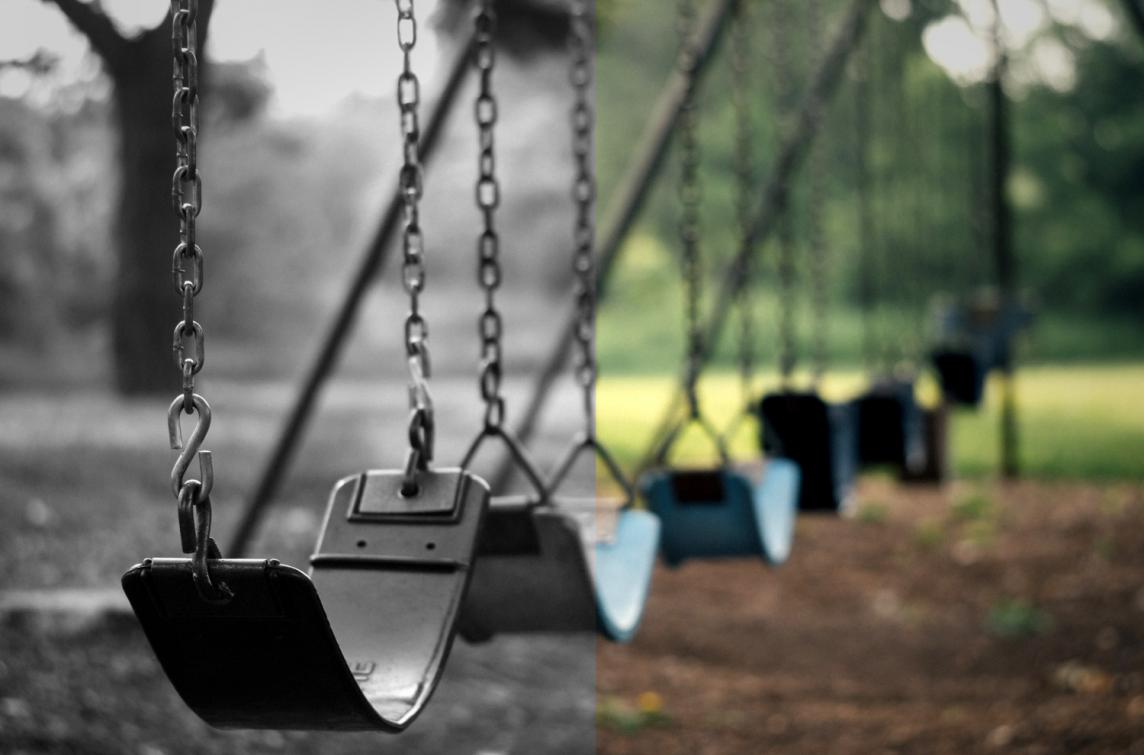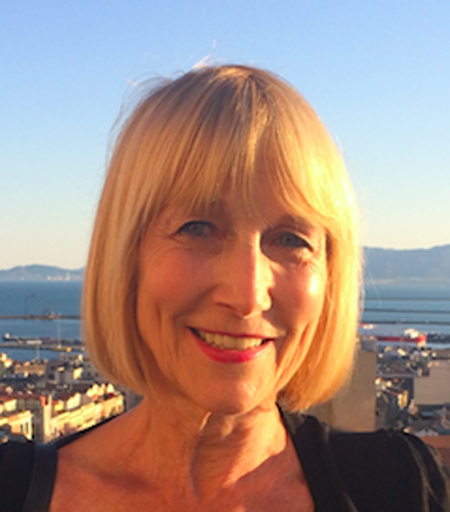Poverty and/in education

Stuurgroep van het Denkersprogramma Armoede en/in Onderwijs
Documentation
Events
Poverty is a growing issue. At the initiative of the Class of the Humanities and led by Mieke Van Houtte (KMW, UGent) and Mathijs Lamberigts (KMW, KU Leuven), a Thinker’s Cycle will be organized in 2023 on 'Poverty and/in education'.
This Thinker’s Cycle aims at a multifaceted diagnosis of educational inequality, which will be examined not only as a financial, but also as a social and cultural problem. Education is often seen as a lever to tackle social inequality in society. The democratization of education, which started in the 1950s and 1960s, has certainly ensured that talented young people from different social backgrounds have found their way to secondary education, colleges and universities. But sociological research continues to show that the influx and progression of young people from weaker socio-economic backgrounds is structurally problematic.
In order to treat this theme in a versatile and intricate manner, an interdisciplinary approach is proposed in which the expertise of educational sociologists, poverty experts, pedagogues, school administrators and social workers will be combined.
The two internationally renowned 'Thinkers' are: Luann Good Gingrich, Professor in the School of Social Work at York University, Toronto and Diane Reay, Professor of Education at the University of Cambridge. They will bring their expertise to Flanders to reflect and debate together with the Steering Committee and numerous experts in order to make recommendations for a future-oriented Flemish policy.
The closing symposium at which the Thinkers will present their results will take place on December 12, 2023.

Luann Good Gingrich is a Professor in the School of Social Work and Academic Director of the Research Commons at York University in Toronto, Canada. Using an approach to critical analysis of social systems based in Reflexive Sociology (Bourdieu), Popular Education (Freire), Institutional Ethnography (Smith) and Community-Based Research, her research aims to describe and measure the processes and outcomes of social exclusion and inclusion. Her work zeros in on the interface of ideology (or worldview), material and symbolic inequality, migration and displacement, and social welfare and human services. She integrates theory development, community-engaged research, secondary quantitative data analysis and critical pedagogy to inspire imaginations and strategies for social inclusion through inter-personal change, place change, and system change. She applies her theoretical and empirical work to the development of approaches to research, social policy and practice that lead from inequality to just relationships, from structural violence to social healing, and from competition and conflict to collaboration and shared responsibility.
Good Gingrich’s current community-engaged program of research includes a Women and Gender Equality Canada grant (2021) entitled Creating Space: Precarious Status Women Leading Local Pandemic Responses (co-PI Heidi Matthews, Osgoode Hall Law School), and a SSHRC Partnership Engage Grant (2021) entitled COVID-19: Building Economic Inclusion and Food Justice. She is author of Out of Place: Social Exclusion and Mennonite Migrants in Canada (2016), co-editor of Transnational Social Policy: Social Welfare in a World on the Move (2017), and has published in a wide range of fields including International Migration, Journal of Poverty, and Journal of Progressive Human Services.

Diane Reay is Professor of Education at Cambridge University. She is a sociologist working in the area of education but is also interested in broader issues of the relationship between the self and society, the affective and the material. Her priority has been to engage in research with a strong social justice agenda that addresses social inequalities of all kinds.
Her research has a strong theoretical focus and she is particularly interested in developing theorisations of social class and the ways in which it is mediated by gender and ethnicity. This has resulted in researching areas as diverse as boys' underachievement, Black supplementary schooling, higher education access, female management in schools, and pupil peer group cultures.
Research projects include a study of children's relationships to space and place in the city, a project on parental involvement in education and research which develops Pierre Bourdieu's conceptual framework in order to understand gendered and racialised class processes. Recently completed ESRC-funded projects include ones on children's transitions to secondary schooling , choice of higher education, and students' identities and participation as learners. She is currently directing an ESRC project which examines white, middle class identities through an exploration of educational choice. Professor Reay has supervised PhD students across a wide range of areas including Jewish women teachers, psycho-analytic approaches to social class, pupil peer group cultures in primary schools and parental involvement in nurseries.
Prof. Reay is on the editorial boards of the British Journal of Sociology of Education, Journal of Education Policy and Cultural Sociology.

